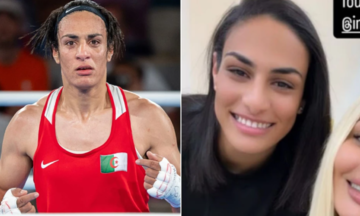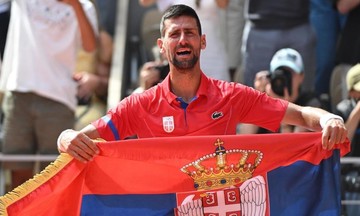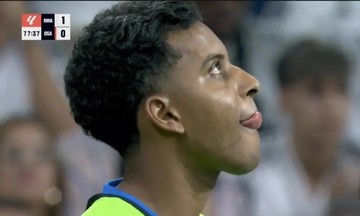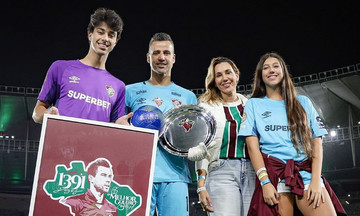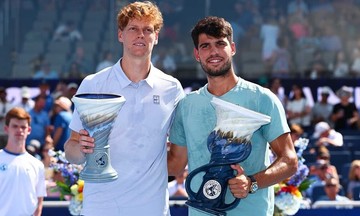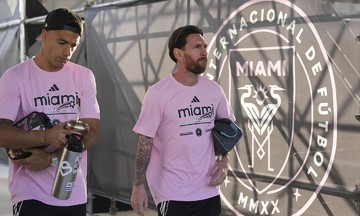The absence of two key players from the Vietnamese team surprised many. Thai newspaper Thairath reported that both underwent sex verification tests and were sidelined pending the official results.
A representative of the Vietnam Volleyball Federation (VFV) confirmed the situation to VnExpress. The tests were conducted randomly, in accordance with FIVB (International Volleyball Federation) regulations. The VFV is working with the FIVB to complete the players' documentation.
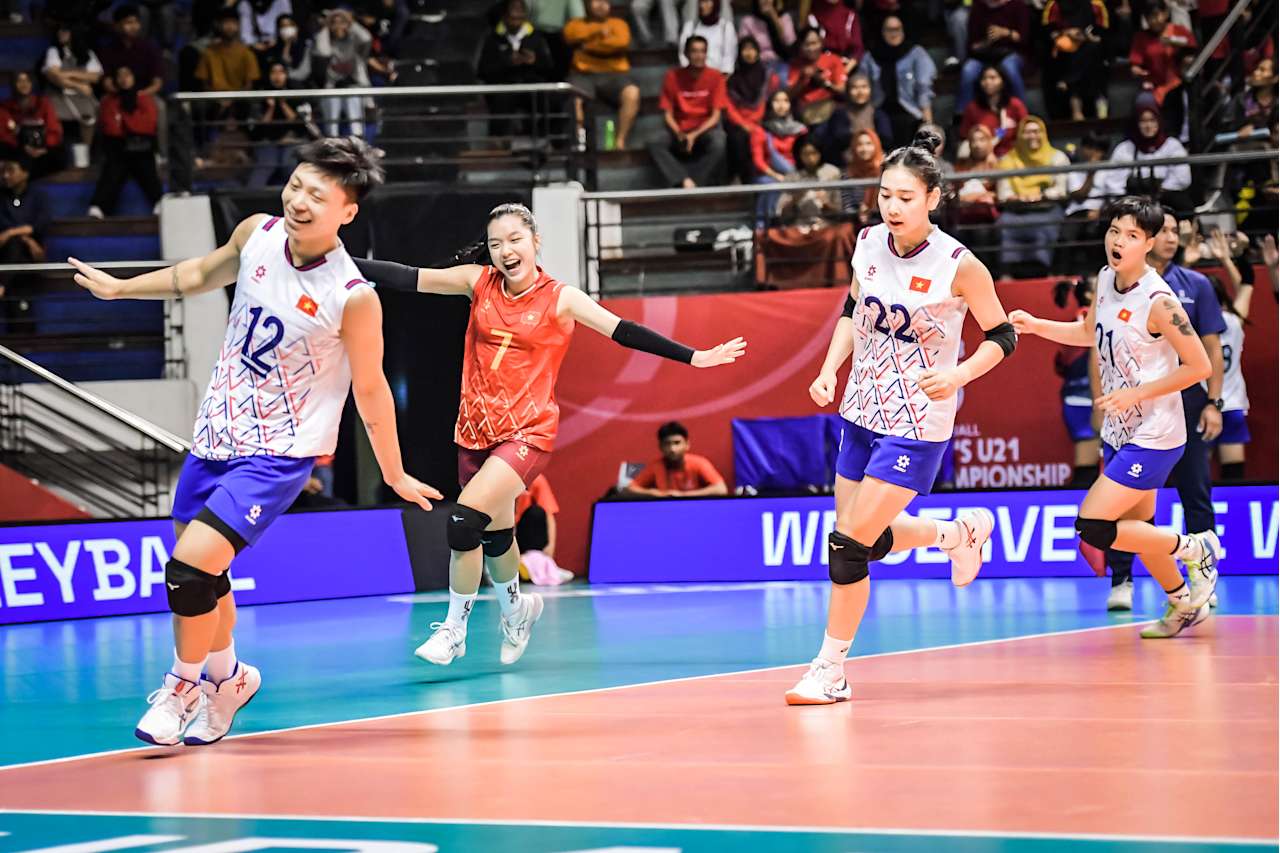 |
Dang Thi Hong (#12) playing in Vietnam's 3-0 win against Indonesia in Pool A of the 2025 FIVB Volleyball Women's U21 World Championship, in Surabaya, Indonesia on 7/8/2025. Photo: World Volleyball |
Dang Thi Hong (#12) playing in Vietnam's 3-0 win against Indonesia in Pool A of the 2025 FIVB Volleyball Women's U21 World Championship, in Surabaya, Indonesia on 7/8/2025. Photo: World Volleyball
The FIVB addresses gender in Article 2, Clause 3 of its general regulations concerning age and gender. According to these regulations, an athlete's gender is verified through their birth certificate.
An athlete may change their gender once, but must convincingly demonstrate to the FIVB Gender Eligibility Commission that this change does not provide a competitive advantage. This demonstration is based on a comprehensive process undertaken by the athlete.
The FIVB does not mandate sex verification tests like World Athletics. However, it can request random tests following a comprehensive procedure.
This procedure may include reviewing physiological factors (natural changes, height, weight, BMI, muscle mass), medical factors (gender confirmation surgery, testosterone levels, muscle receptor measurements, new medical developments and discoveries), and sports factors (performance in national competitions, position, experience competing under their original gender). Athletes can also submit other documents as proof or as requested by the Gender Eligibility Commission.
Dang Thi Hong and Nguyen Phuong Quynh can return to competition if their test results show no irregularities. Currently, both players will likely miss Vietnam's match against Turkey in the round of 16 of the U21 World Championship tomorrow, 13/8.
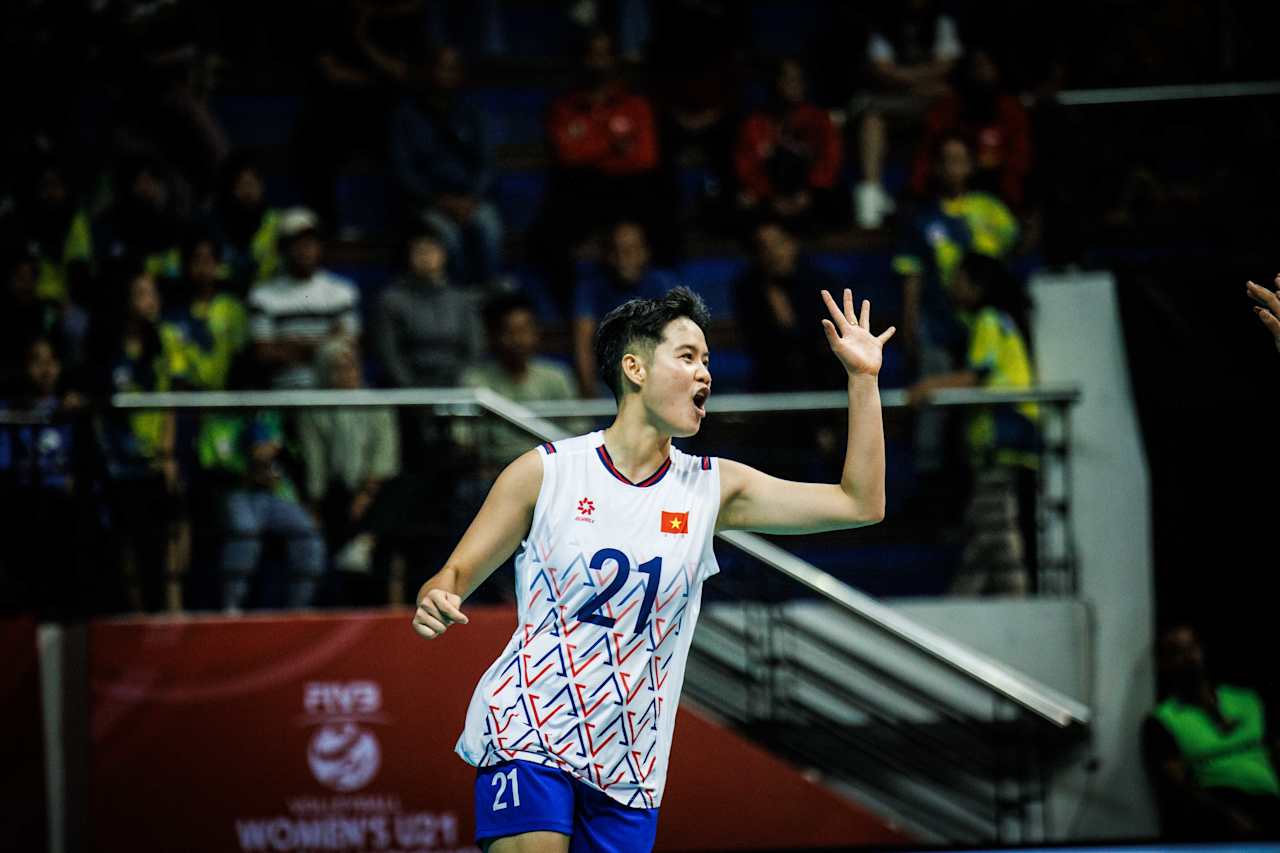 |
Nguyen Phuong Quynh playing in Vietnam's 3-0 win against Indonesia in Pool A of the 2025 FIVB Volleyball Women's U21 World Championship, in Surabaya, Indonesia on 7/8/2025. Photo: World Volleyball |
Nguyen Phuong Quynh playing in Vietnam's 3-0 win against Indonesia in Pool A of the 2025 FIVB Volleyball Women's U21 World Championship, in Surabaya, Indonesia on 7/8/2025. Photo: World Volleyball
The U21 World Championship, held from 7/8 to 17/8 in Surabaya, Indonesia, features 24 teams. Vietnam impressed in the group stage, defeating host Indonesia 3-0, Serbia 3-1, Canada 3-1, and Puerto Rico 3-1 to earn 12 points. Their only loss was to Argentina, placing them second in their pool.
Dang Thi Hong was a key player, scoring 83 points, the third highest in the tournament, behind Santi of Indonesia (86) and Rejmanova of the Czech Republic (85). Nguyen Phuong Quynh scored 32 points, ranking 38th. The impressive performances of both players and the team surprised the volleyball world.
After Serbia's 1-3 loss to Vietnam on 8/8, Serbian coach Marijana Boricic made a controversial post-match statement. "We have never trained with a men's team to prepare for the U21 World Championship," she said.
According to volleyball.it, this statement did not directly address gender issues but alluded to the differing physical characteristics of the opponent. Vietnam has three players who stand out for their physical strength and fundamental playing abilities. However, there is no official information regarding the presence of transgender athletes on the Vietnamese volleyball team.
Sex verification remains a sensitive topic in sports, sparking intense debate in the cases of athletes Lin Yu Ting (Taiwan) and Imane Khelif (Algeria) at the 2024 Paris Olympics.
On 30/5/2025, World Boxing, recognized by the IOC in February as the new International Amateur Boxing Federation, declared that all athletes over 18 wishing to compete must undergo genetic PCR testing to determine their sex assigned at birth and eligibility to compete.
The PCR test (using saliva, blood, or nasal fluid samples) determines whether an individual has XX (female) or XY (male) chromosomes. World Boxing experts note that the XX-XY boundary is not absolute, as some individuals have differences in sex development, resulting in anatomical characteristics that do not align with their assigned sex.
For instance, a woman without a uterus, with gonads located in the abdomen and high testosterone levels, may have XY chromosomes. According to the UN High Commissioner for Human Rights, 0.05-1.7% of the global population is born with intersex traits. World Boxing will consider each case individually. World Aquatics and World Athletics also use chromosome testing.
Hieu Luong



